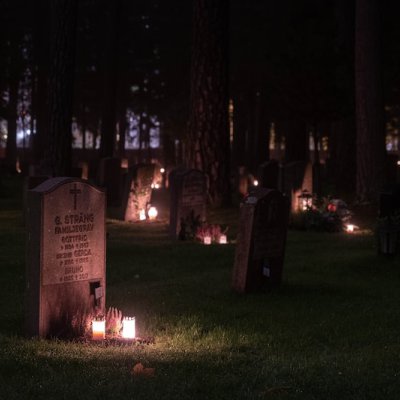person who creates
- Ejemplos
A Premium user is a person who creates a poll. | Un usuario Premium es una persona que inicia o crea una encuesta. |
A person who creates a trust. | Una persona que crea un fideicomiso. |
DEFINITION Author Natural person who creates a literary or artistic work. | Autor Persona natural que realiza la creación de una obra literaria o artística. |
Each trust should reflect the unique needs and desires of the person who creates it. | Cada fideicomiso deberá reflejar las necesidades y deseos únicos de la persona que lo crea. |
This is the person who creates the ripples in other people's lives. | Esta es la persona que genera las ondas que inciden en las vidas de los demás. |
You will become the person who creates the perfect place to spend time with their friends. | Usted se convertirá en la persona que crea el lugar perfecto para pasar tiempo con sus amigos. |
A leader isn't the person who creates a successful business—it's the rest of the team. | Un líder no es la persona que crea un negocio exitoso, sino el resto del equipo. |
The best picture, for the person who creates it, also stills the clamour of the most disturbing looks. | El mejor cuadro, para quién lo hace, hace callar también el griterío de las miradas más inquietantes. |
Settlor: This is the person who creates the trust by transferring or settling his or her assets into a trust. | Fideicomitente: Es la persona que crea el fideicomiso mediante la transferencia o liquidación de sus bienes a un fideicomiso. |
A 'catfish'is a person who creates an online dating profile through which they pretend to be somebody else. | Un catfish o impostor, es una persona que crea un perfil falso de citas a través del que pretenden ser otra persona. |
The best poem, for the person who creates it, produces a great, clear silence: everything is said and there is nothing more to add. | El mejor poema, para quien lo hace, crea un silencio grande y claro: todo está dicho y no hay más que añadir. |
The person who creates these projects would be the active subject (the client), the projects could be of different types, public or private, individual or collective. | La persona que crea estos proyectos es el sujeto activo (en adelante, cliente), los proyectos pueden ser de diferente tipos, públicos o privados, individuales o colectivos. |
A Third Party is a person who creates trouble between two people, a person and a group, or a group and another group by spreading false information. | Por definición, un Tercer Partido es alguien que a base de informes falsos crea dificultades entre dos personas, una persona y un grupo o un grupo y otro grupo. |
It also removes the researcher of the possibility to be thought as the person who creates, intervenes or, in other words, who is committed to a significant extent in the research process. | También quita al investigador de la posibilidad de pensarse como persona que crea, que interviene o, mejor, se compromete de manera sensible en el proceso de investigación. |
Do you want to be a person who creates and radiates good energy, generates a positive working environment, reduces stress for those around them, and helps make the challenging days easier to bear? | ¿Quieres ser una persona que crea y irradia buena energía, genera un ambiente de trabajo positivo, reduce el estrés para los que les rodean y ayuda a hacer que los días difíciles sean más fáciles de soportar? |
How to Find a Third Party A Third Party is a person who creates trouble between two people, a person and a group, or a group and another group by spreading false information. | Por definición, un Tercer Partido es alguien que a base de informes falsos crea dificultades entre dos personas, una persona y un grupo o un grupo y otro grupo. |
Perfume and time have in common the fact that their different parts are never present at the same moment There is a space of olfactive and emotional time which develops within an irreversible chronological order–selected by the person who creates it. | El perfume y el tiempo comparten el hecho de que sus distintas partes nunca están presentes en el mismo momento. Existe un espacio de tiempo olfativo y emocional que se desarrolla dentro de un orden cronológico e irreversible que el propio creador ha escogido. |
Palabra al azar
¡Tirar los dados y aprender una palabra nueva ahora!
¿Quieres aprender inglés?
¡Aprende inglés gratis!












